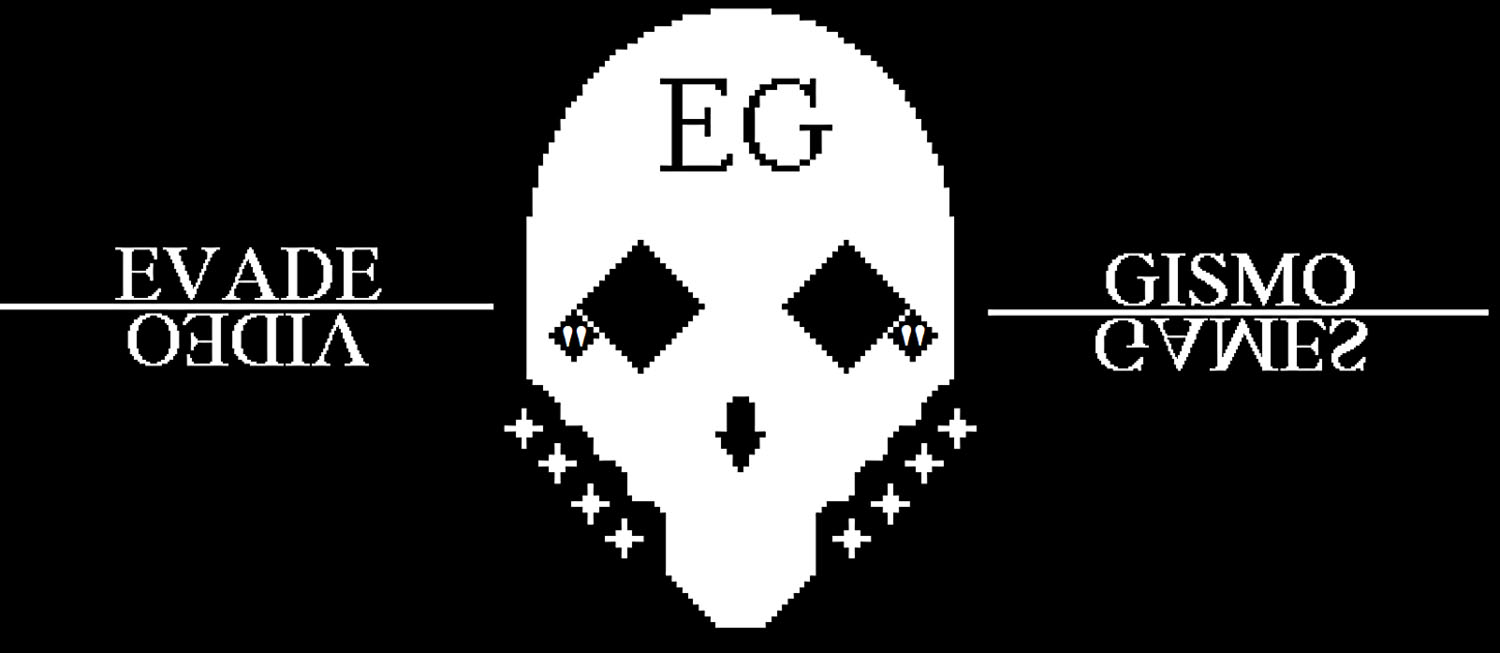I GOT INTO THE GWENT BETA!
/Guys, guys! I got into the Gwent beta!
It’s… okay.
This year has been the year of digital collectible card games (CCGs) for me. Proximity to Blizzard during Overwatch hype drew me into late nights grinding out Hearthstone’s solo adventures, and I have been playing its ladder ever since. Though seasoned players of that game have grown cynical about balance and design, the game is an aesthetic delight with a good delta for skill. About a month ago, I downloaded the free-to-play Duelyst by recommendation of Magic pro, Hearthstone streamer, and all-around goodguy, Brian Kibler. Duelyst is digital cardgaming for the slasherwave audience - gritty pixelated graphics and neon techno-magicks populate its world. Both games are free-to-play strategic card games — and as such, both require large investments of time or money in order to grow your collection and compete with others. What sets Duelyst apart from Hearthstone are the chessboard playing field, and the ability to mulligan (shuffle a card from your hand into your deck to draw another one) every turn. There is so much more room for skill and forethought in these 2 mechanics that many Hearthstone players have turned to Duelyst for its fresh take on the digital CCG. Clearly, to upend the dominant megaboss of the genre in the face of the deep investment each title demands, new games need to make a strong case for something new.
You know you've made it in the scene when cards are designed after not even you, but your famous dog.
Gwent just doesn’t really have any such dynamite feature. It expects to ride out its development costs on the collectibility aspect, and the IP tie-in for fans of the Witcher series. I was definitely not the only player to completely abandon the search for Ciri for about 15 hours in The Witcher 3 to rip back and forth on horseback across the countryside, creaming every barkeep, minstrel, and savant-child in a test of fantasy card-game wits. In a single-player, open-world universe, Gwent was a remarkably highly-developed mini-game, motivating you with the desire of acquiring more & more powerful cards with each victory. Within the single-player experience, grinding out matches against a single opponent again and again was actually kind of exciting; you’d learn what just about every single card in their deck was, and learn to turn the odds around, honing your deck and mulliganing specifically to beat that deck — which follows the exact same tactical line of thinking as fighting any monster in the main game: gather intel to identify weaknesses; collect components to exploit those weaknesses; then, try time and again to take the monster down until you’ve mastered its unique pattern. Gwent is deep! … For a mini-game.
Maybe it’s not that Gwent fails to hold its own as a standalone. It just doesn’t bring anything to the table, in and of itself, that these other well-established CCGs don’t already do better on their own. Duelyst has the chessboard and visual style. Hearthstone has the light humour, Warcraft tie-in, and now three-year history of meta and releases. Mechanically, they’ve made interesting choices in expanding what cards can do from mini-Gwent to mega-Gwent. Cards interact with graveyards, build power over time, ping out incremental damage, and even transform. But the “meh-ness” of all this effortful design just reveals the real magic that made mini-Gwent so addicting: you’re no longer literally roaming the land to acquire (even steal) legendary cards from expert collectors. In that way, I think it really tapped in to what makes collecting anything an exciting hobby in real life - the growth of the collection is a geographical journey all its own. What I remember about Gwent, is not so much the game itself, but everything else surrounding it - the singular fixation, the long horseback rides to unknown destinations. In macro-Gwent, you just buy the cards. In the store. With money.
None of my gripes with the game are technical at all. The game plays well; its classes and cards are balanced enough (although, to be honest, of my 20 or so played matches, I have yet to see any class played besides Skelligers and Monsters). The familiar, nail-biting bluffing game of competitively growing your board without blowing your load too soon for the follow-up round is all still there. But in spirit, it seems that Gwent does not survive the transition from mini-game to fully-fledged, independent diversion. What made Gwent so lovely really was the excellence of the base game surrounding it. And I don’t think any amount of beta development is going to change that.



